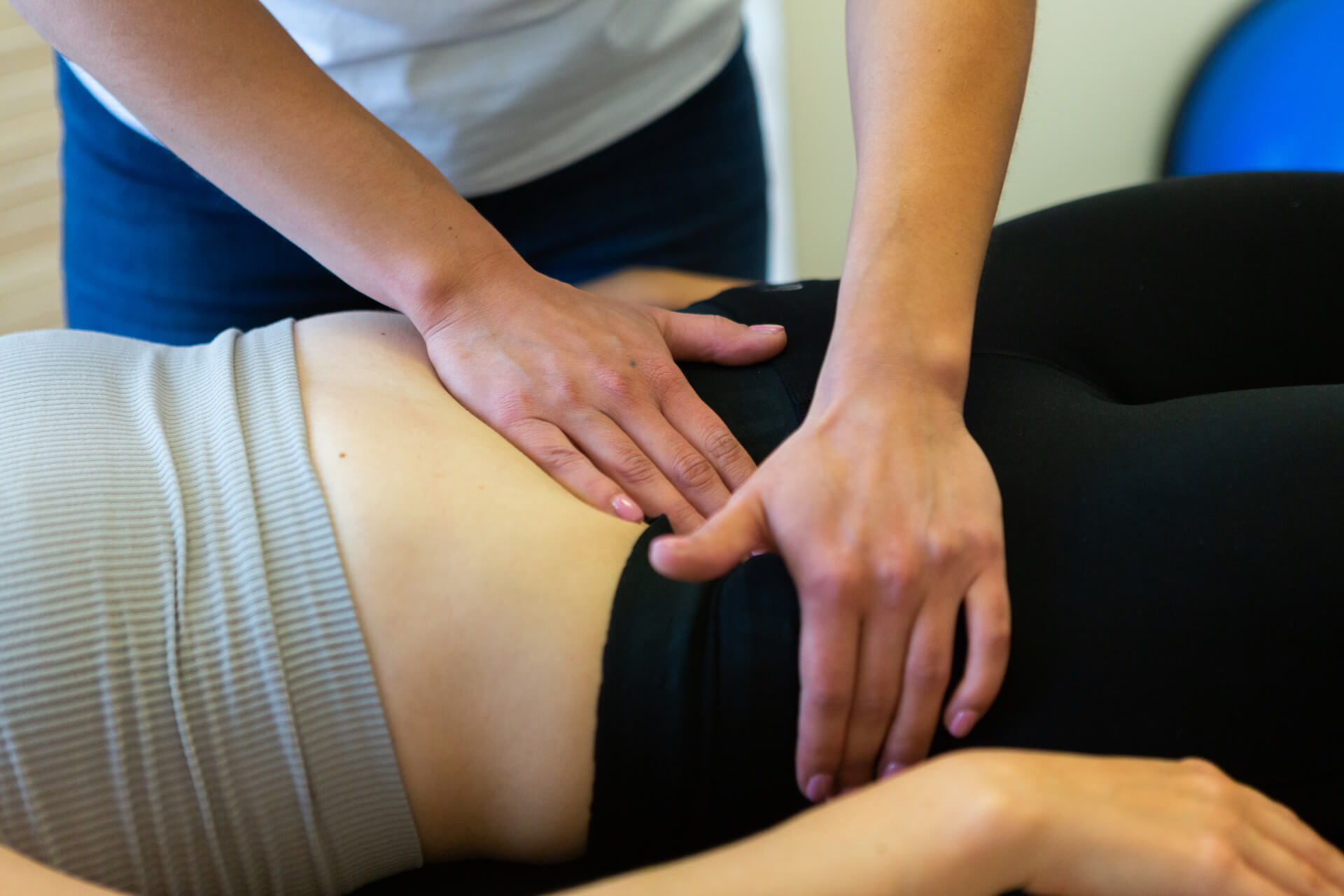
Polycystic ovary syndrome (PCOS)
Is a condition in which the ovaries produce an abnormal amount of androgens, male sex hormones that are usually present in women in small amounts. The name polycystic ovary syndrome describes the numerous small cysts that form in the ovaries.
However, some women with this disorder do not have cysts, while some women without the disorder do develop cysts.
Mechanism
Normally, ovulation occurs when a mature egg is released from an ovary. This happens so it can be fertilized by a male sperm. If the egg is not fertilized, it is sent out of the body during your period.
In some cases, a woman doesn’t make enough of the hormones needed to ovulate. When ovulation doesn’t happen, the ovaries can develop many small cysts. These cysts make hormones called androgens. Women with PCOS often have high levels of androgens. This can cause more problems with a woman’s menstrual cycle. And it can cause many of the symptoms of PCOS.
What causes PCOS?
The exact cause of PCOS is not clear. Many women with PCOS have insulin resistance. This means the body can’t use insulin well. Insulin levels build up in the body and may cause higher androgen levels. Obesity can also increase insulin levels and make PCOS symptoms worse.
What are the symptoms of PCOS?
The symptoms of PCOS may include:
- Missed periods, irregular periods, or very light periods
- Ovaries that are large or have many cysts
- Excess body hair, including the chest, stomach and back
- Weight gain, especially around the belly
- Acne or oily skin
- Male-pattern baldness or thinning hair
- Infertility
- Small pieces of excess skin on the neck or armpits
- Dark or thick skin patches on the back of the neck, in the armpits, and under the breasts
How is PCOS treated?
Treatment may include many factors like your age, how severe your symptoms are, and your overall health. The type of treatment may also depend on whether you want to become pregnant in the future.
- A change in diet and activity. A healthy diet and more physical activity can help you lose weight and reduce your symptoms. They can also help your body use insulin more efficiently, lower blood glucose levels, and may help you ovulate.
- Birth control pills. These help to control menstrual cycles, lower androgen levels, and reduce acne.
- Diabetes medication. This is often used to lower insulin resistance in PCOS. It may also help reduce androgen levels, slow hair growth, and help you ovulate more regularly.
- Osteopathic treatment. That can help with pain reduction.
What to do?
- Train body awareness, mind and body connection
- Lower stress
- Exercise in a right way
- Right diet to lower inflammation
- Right supplementation
- Right hygiene of sleep
- Seek help from a psychologist
- Seek help from an OSTEOPATH who is ALSO performing internal vaginal techniques
In OsteoMedica our osteopaths Aleksandra Zegalski and Deborah Tassi perform pelvic floor evaluation and internal gynecological techniques.


